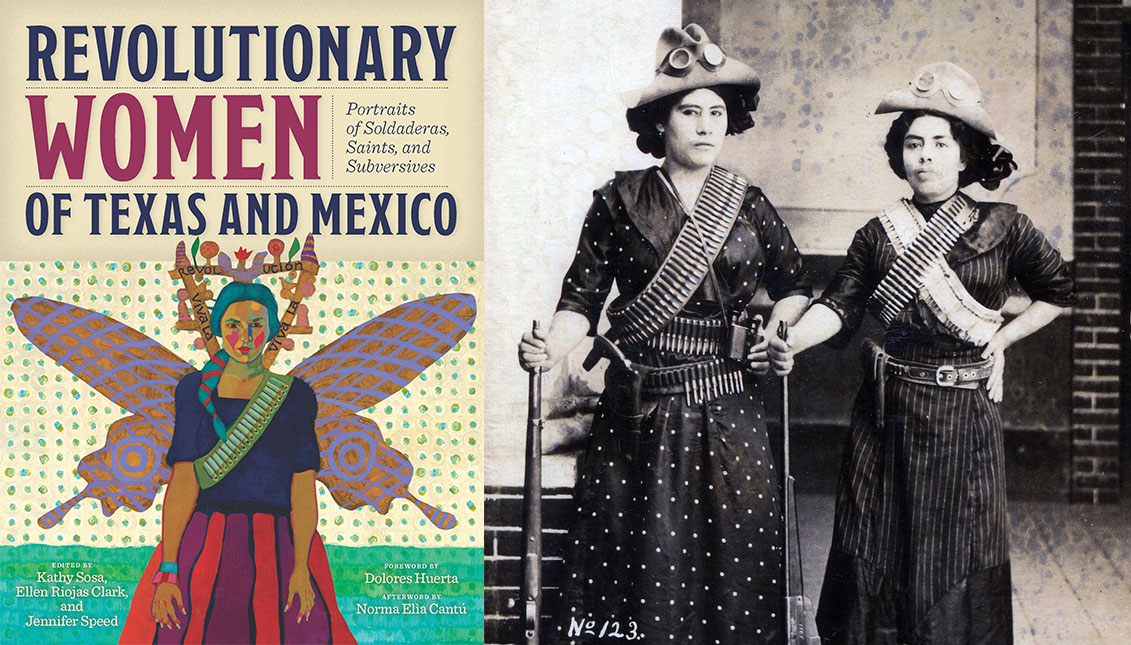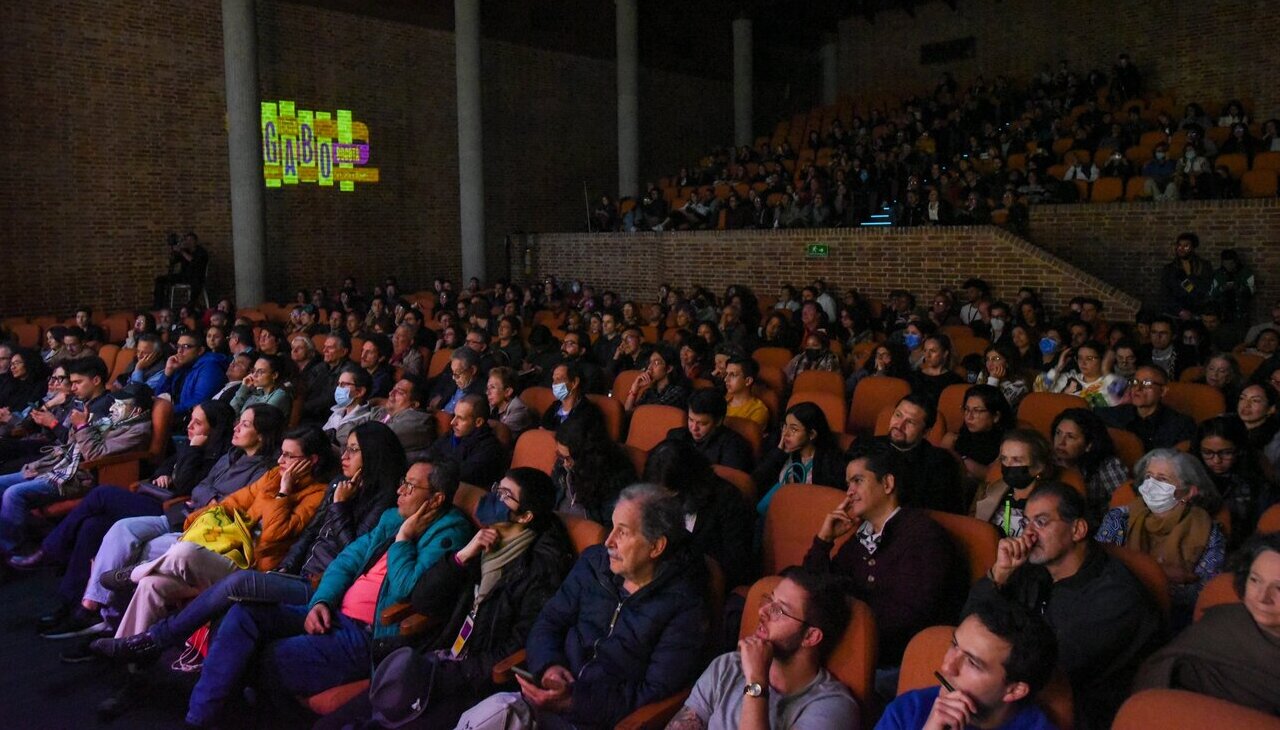
The revolutionary grandmothers that changed Texas
Revolutionary Women of Texas and Mexico is a family album aimed to inspire new generations of Mexican-American women.
Embracing Latino heritage in the United States is also an archival work. It's an exercise in personal archaeology that uses reading and research to create a family tree with roots related to those of the rest of a community and allows one, through tracing history, to know men and women who struggled to make their way and are now great ancestors.
When San Antonio artist Kathy Sosa read an essay on the Mexican Revolution in 2009, she immediately thought of her husband's grandmothers, who came to Texas to escape the revolution. What did she really know about all those women that preceded her and the contributions they made to this country? They both set to work, dug deep into their past and the result was a series of documentaries made by her husband about the influence of the Mexican Revolution and its protagonists in the United States.
Then, they went one step further.
"It's like we've entered an abyss of history," Sosa told San Antonio Magazine's Kathleen Penn. "We went into this big void and discovered something huge that happened but hadn't been talked about except on the back porch or around the dining room table."
The result was Revolutionary Women of Texas and Mexico, a book recently published by Trinity University Press this December and co-edited by University of Texas and University of Dayton professors Ellen Riojas Clark and Jennifer Speed.
It's a rare and vibrant genre puzzle that mixes non-fiction with personal stories and illustrations to draw the portraits of women who were relevant before, during and after the Revolution — the so-called "soldiers" — and according to its author, Sosa, it is in itself a "revolutionary" book.
That is especially for young Mexican-American women, to whom Sosa addressed the work.
RELATED CONTENT
"We need to hear stories from people who are like us and have done these incredible things because then we have more confidence that we can do incredible things," she said.
Revolutionary Women of Texas and Mexico also draws its own map of ancestors, looking for the women who inspired other "soldaderas" in the years before the Mexican Revolution and how these warriors, who fought alongside the men in the war and whom history has erased, came with their children to the United States to escape the violence. They also helped change San Antonio's culture and future.
And it goes back much further, almost to the origin of everything, including, as the author tells it, the Virgin of Guadalupe and the religious conversion of indigenous peoples in Latin America.
"The fact that you think she was completely real is indifferent. It was so shocking that she appeared where she did, that it automatically sounded true and had authenticity for the indigenous people," Sosa said.
Also appearing is Sor Juana Inés de la Cruz, the great Mexican writer who got into writing in a world that oppressed women, the Zapatista warriors, and great promoters of post-revolutionary Chicano pride like Gloria Anzaldúa.
All of them belong to the same family of brave, Mexican-American women who marked a path for new generations.
In the end, the work is a huge tribute to the spiritual mothers and grandmothers of this new revolution.











LEAVE A COMMENT:
Join the discussion! Leave a comment.